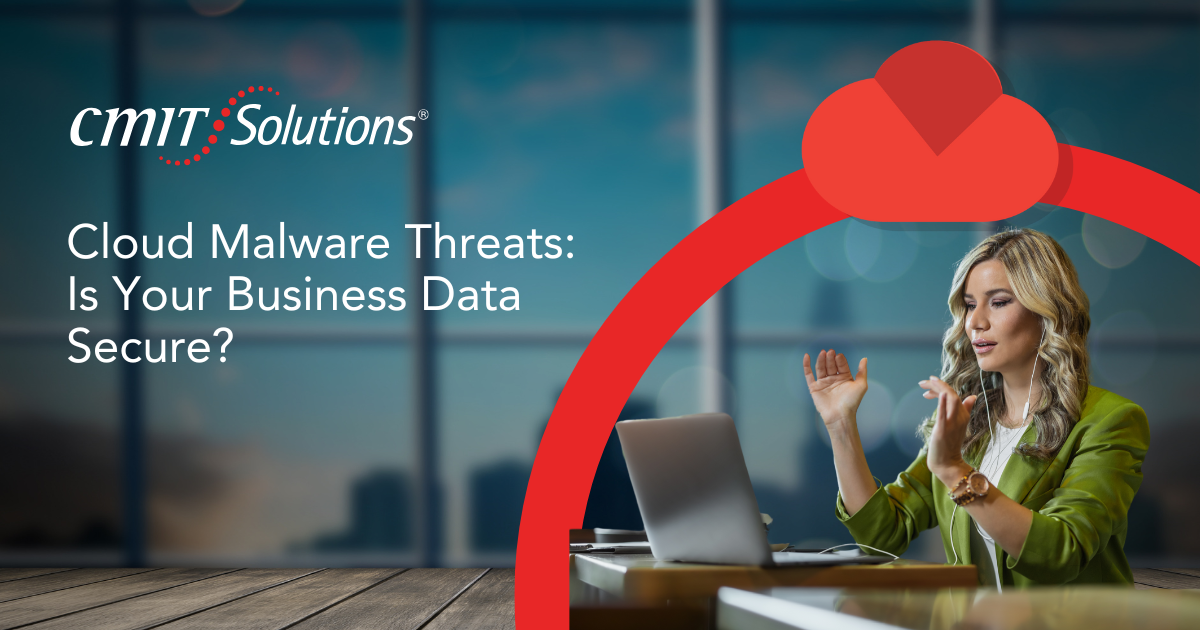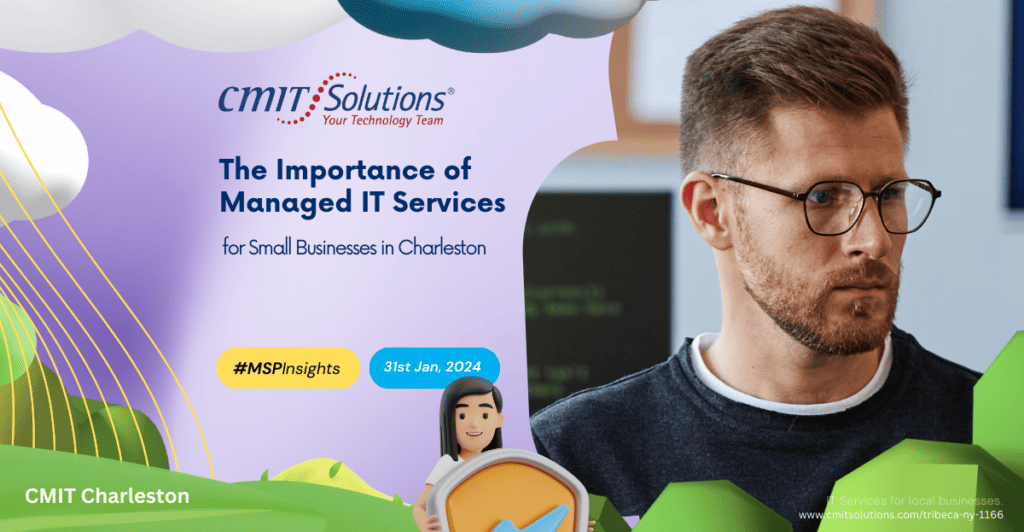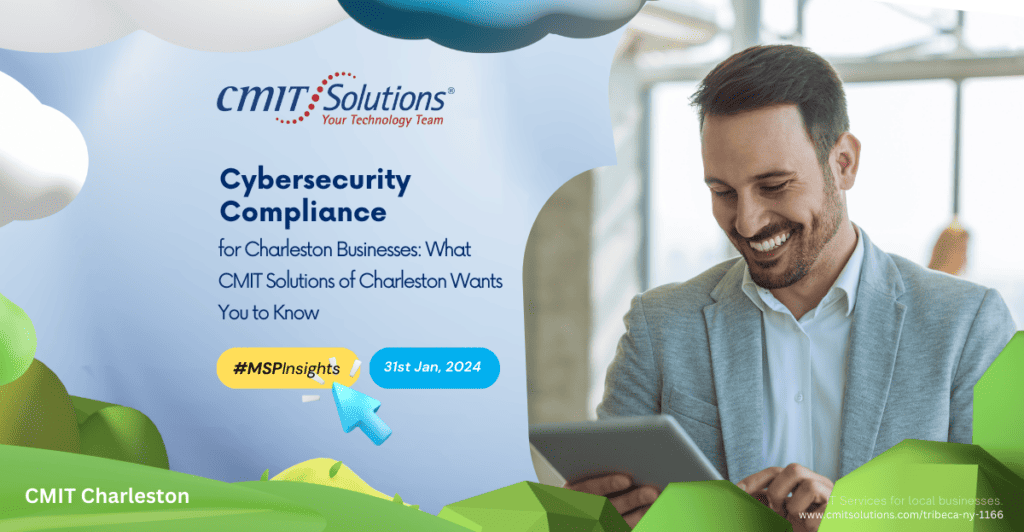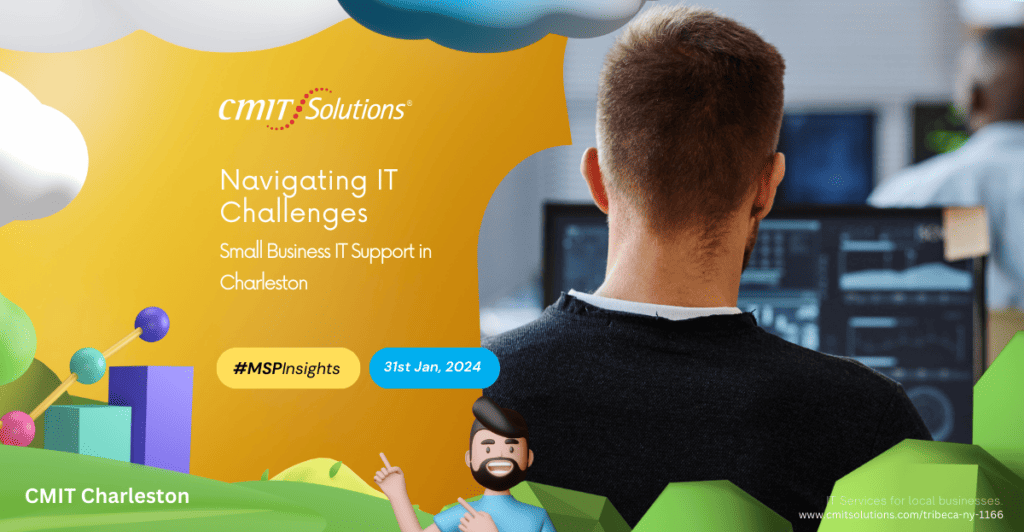Few threats are as terrifying or financially damaging as malware. You spend hours training your team on cybersecurity best practices. They know not to open suspicious emails or visit risky websites. But what about the cloud? While many businesses take extensive precautions to protect on-premise infrastructure, cloud security is often overlooked.
Relying solely on your cloud service provider’s security measures isn’t enough. Businesses must implement their own cloud security strategies to protect against malware threats. After all, if cloud malware infiltrates your systems, it’s your business that pays the price—not the cloud provider.
This article explores the rising threat of cloud malware, how attacks happen, and best practices to secure business data in the cloud.
What is Cloud Malware?
Malware—whether targeting a physical server or a cloud environment—operates with the same goal: infiltrate systems, corrupt data, and hold assets hostage. The difference? Cloud malware specifically targets cloud-based infrastructure, SaaS applications, and stored data.
Once inside, malware spreads rapidly, encrypting files, exfiltrating sensitive data, and shutting down operations. Businesses often face ransom demands to regain access, forcing them to either pay cybercriminals or risk permanent data loss.
Malware is a growing concern for businesses of all sizes. According to the FBI, malware-related damages cost companies $59.6 million in 2023 alone. Beyond financial loss, malware attacks can:
- Corrupt or delete business-critical data.
- Disrupt operations, leading to extended downtime.
- Expose customer and employee information, resulting in regulatory fines.
- Damage brand reputation, eroding customer trust.
Understanding these risks is the first step toward building a comprehensive cloud security strategy.
Preventing Cloud Malware Attacks
With malware attacks increasing, businesses cannot afford to be complacent. Even the best cybersecurity systems require continuous updates, proactive monitoring, and strong defenses. Here’s how businesses can fortify their cloud environments against malware.
1. Strengthen Backup and Disaster Recovery Plans
A solid backup and disaster recovery (BDR) plan is essential for protecting business data. If malware attacks your cloud environment, having recent backups can mean the difference between recovery and total loss.
Key Backup Strategies:
- Automate data backups to ensure critical files are saved multiple times per day.
- Store backups in multiple locations, including offsite and offline storage.
- Conduct regular disaster recovery drills so employees know how to respond.
- Use immutable backups to prevent ransomware from modifying stored data.
A strong cloud backup in Charleston solution ensures business continuity even in the worst-case scenario.
2. Implement Multi-Factor Authentication (MFA)
Relying only on passwords is a major security risk. Even with strong passwords, cybercriminals can steal credentials through phishing, social engineering, or brute-force attacks.
Why MFA Matters:
- Microsoft reports that 99.2% of cloud malware attacks can be prevented with MFA.
- Adds an extra security layer by requiring an additional verification step.
- Prevents unauthorized access, even if a password is compromised.
By enforcing Charleston IT security policies, businesses can ensure that all remote access, admin accounts, and cloud logins require MFA.
3. 24/7 Cloud Security Monitoring
Malware often lurks in systems for months before detection. According to research, the average time to detect a breach is 204 days—by then, the damage is already done.
How to Improve Monitoring:
- Deploy automated security tools that continuously scan for malware.
- Partner with a managed IT support provider in Charleston for 24/7 monitoring.
- Use Security Information and Event Management (SIEM) systems to detect threats in real time.
- Set up instant alerts for suspicious activity to respond before malware spreads.
A combination of human oversight and AI-powered detection ensures businesses can respond swiftly to cyber threats.
4. Encrypt Your Cloud Data
Even if cybercriminals infiltrate your system, encrypted data remains unreadable without the decryption key. Encryption is a crucial defense mechanism for preventing data breaches.
Encryption Best Practices:
- Encrypt data both in transit (while being transmitted) and at rest (while stored).
- Regularly rotate encryption keys to prevent unauthorized access.
- Use end-to-end encryption for highly sensitive files and communications.
- Partner with a cloud provider that offers built-in encryption.
Companies implementing cybersecurity services in Charleston should ensure that all cloud storage and SaaS applications include encryption.
5. Ongoing Employee Cybersecurity Training
Even with the best security tools, human error remains the top cause of security breaches. Employees may unknowingly:
- Click on malicious links in phishing emails.
- Download infected attachments disguised as legitimate files.
- Use weak passwords or reuse credentials across multiple accounts.
How to Strengthen Employee Training:
- Conduct phishing simulations to test employee awareness.
- Implement mandatory security awareness training for all staff.
- Provide clear guidelines on reporting suspicious emails or activity.
- Develop incident response plans so employees know how to react to cyber threats.
Businesses can minimize human-related security risks with consistent Charleston IT compliance policies.
6. Leverage AI and Machine Learning for Threat Detection
AI-powered security solutions analyze vast amounts of data to detect unusual behavior before a full-scale attack occurs. Machine learning enhances cybersecurity by:
- Identifying anomalies in login attempts and cloud activity.
- Detecting ransomware patterns before files are encrypted.
- Automating threat response, such as isolating compromised systems.
However, businesses should not rely solely on AI. Human oversight and cybersecurity expertise remain essential for effective threat management.
Final Thoughts: Is Your Business Cloud Security Ready?
Cloud malware threats aren’t slowing down—in fact, they’re evolving rapidly. Businesses must take proactive steps to secure their cloud environments before an attack occurs. By implementing:
Automated cloud backups to protect business data.
Multi-Factor Authentication (MFA) to block unauthorized access.
24/7 cloud security monitoring for early malware detection.
End-to-end encryption to safeguard sensitive information.
Employee security training to minimize human error risks.
AI-driven threat detection for real-time malware analysis.
Companies that invest in comprehensive cloud security strategies can reduce cyber risks, avoid costly data breaches, and protect their business reputation.
For organizations looking to enhance their cloud security, CMIT Solutions of Charleston offers expert cybersecurity and cloud protection services. Contact us today to secure your business data and prevent cloud malware threats before they strike.







